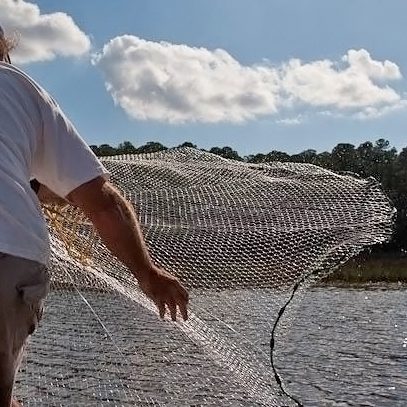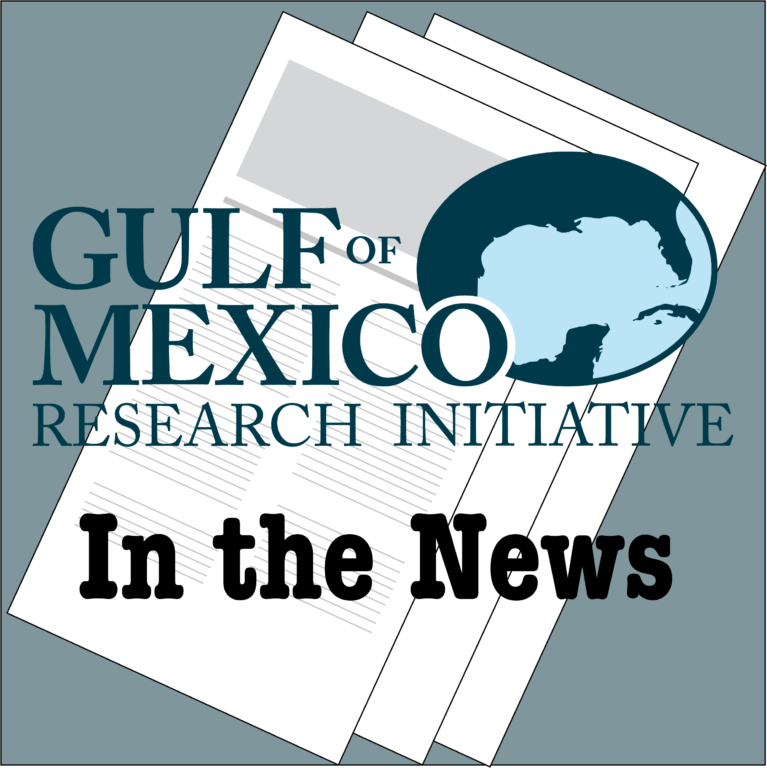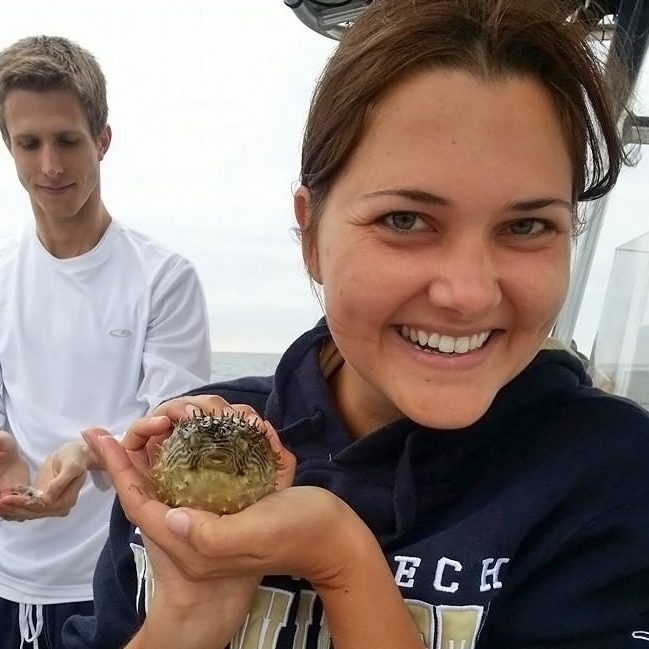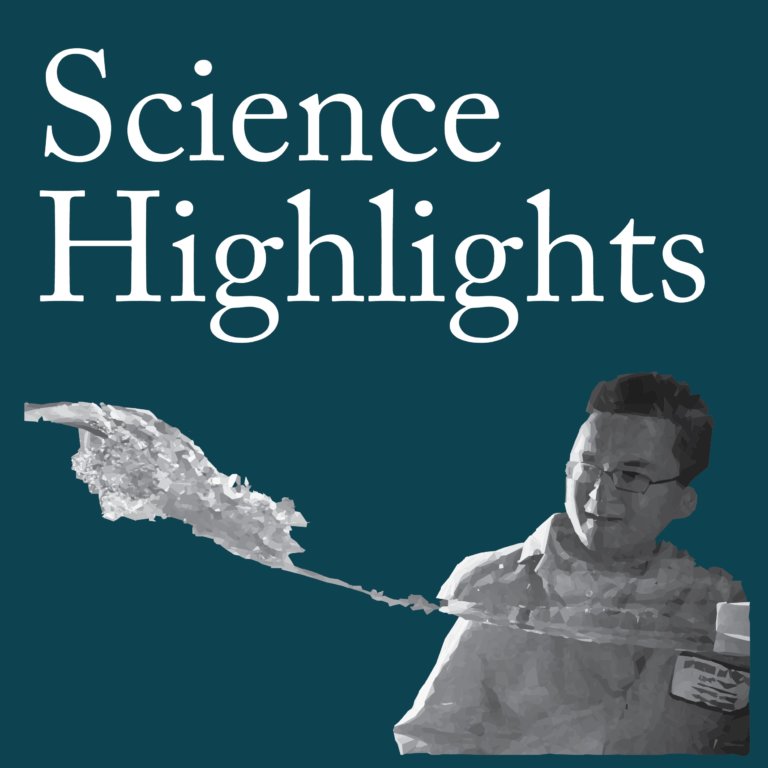Study Suggests Coastal Marine Animals Assimilated Carbon from Deepwater Horizon
Scientists measured radiocarbon levels in coastal invertebrates and fishes (such as oysters and catfish) to evaluate impacts from the 2010 oil spill on Gulf of Mexico food webs.





